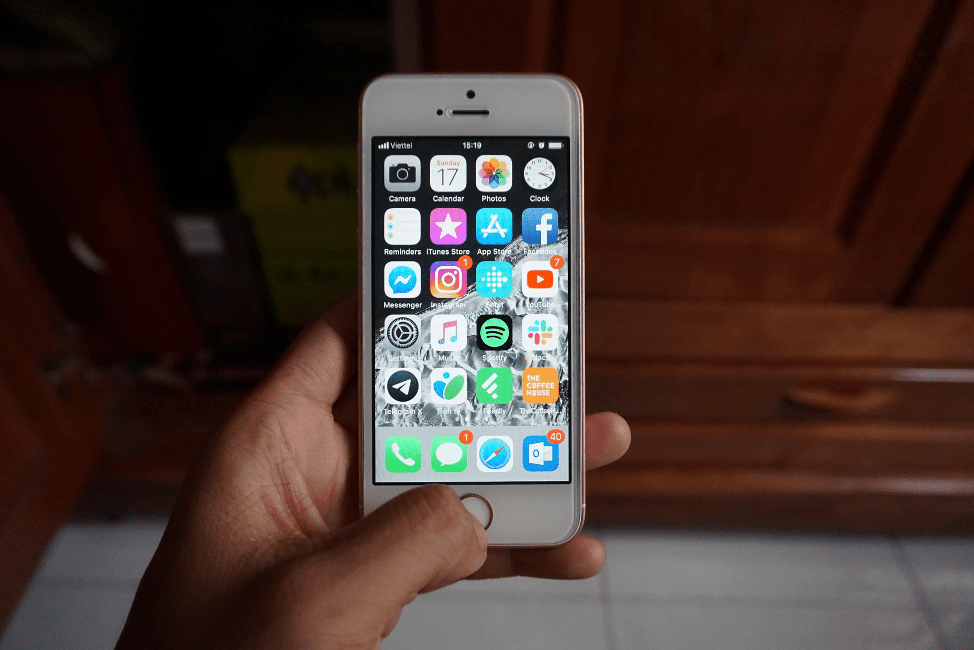Working from home is a model that was introduced in early 2020 when the COVID-19 pandemic resulted in nationwide lockdowns. While some people had no choice but to go to their workplaces such as hospitals and labs, others were told to take care of the necessary work tasks from home.
In a few months, working from home became a full-fledged working model where people were not only in the comfort of their homes but were also saving money on transportation and time that they would generally spend waiting in traffic. This meant a lot of people were spending more time engaged in their familial lives and actively pursuing healthy habits like a hobby or exercise.

Tima/Pexels | It's time to decide which format suits you better
Despite the intensity of the COVID-19 Pandemic slowing down, many people are still preferring to work from home, and many companies are providing their employees with the option of working from home. However, a question arises: is this how it will be from now on? Is working from home going to be a permanent thing? What is the future of this model?
If you are interested in learning more, then the Brandeis International Business School’s faculty Benjamin Gomes-Casters, Daniel Bergstresser, and Ahmad Namini, are shining a light on the prospect of working from home.
Benefits Of Working From Home
According to Gomes-Casseres, the work-from-home model is revolutionary and has provided people with a new way to communicate and collaborate with others. He compared working from home during the COVID-19 situation to living on an island that got flooded, and the people had no choice but to swim.
But, now that the water has dried up, people have a new skill set at hand. Some employers are benefitting from the reduced costs of keeping up a working space, while other employers are providing more incentives to their employees to come to the office. Similarly, some people have become accustomed to the new mode of working while others don’t care for it.
What Are The Cons Of Working From Home?
Daniel Bergstresser praises the concept of working from home and how helpful it is to many, but he also shines a light on its impact on the younger generation. Previously, new graduates had the benefit of gaining experience and learning from their mentors or seniors, but the work-from-home setup strips them of the chance to work with a ‘hands-on’ approach or be able to observe problem-solving on a first-hand basis.

Andrea/Pexels | This model requires to be reimagined so that it could create an efficient flow of knowledge.
Is Working From Home Just As Good As Traditional Working?
When it comes to the efficiency of working from home, Ahmad Namini simply states that the hybrid format works best, keeping in mind that there is a certain level of flexibility that employees can enjoy while visiting the office every now or then to complete important tasks.

Andrea/Pexels | In the end, it all boils down to the person who is working and how they prefer it
So, what do you think about working from home?







